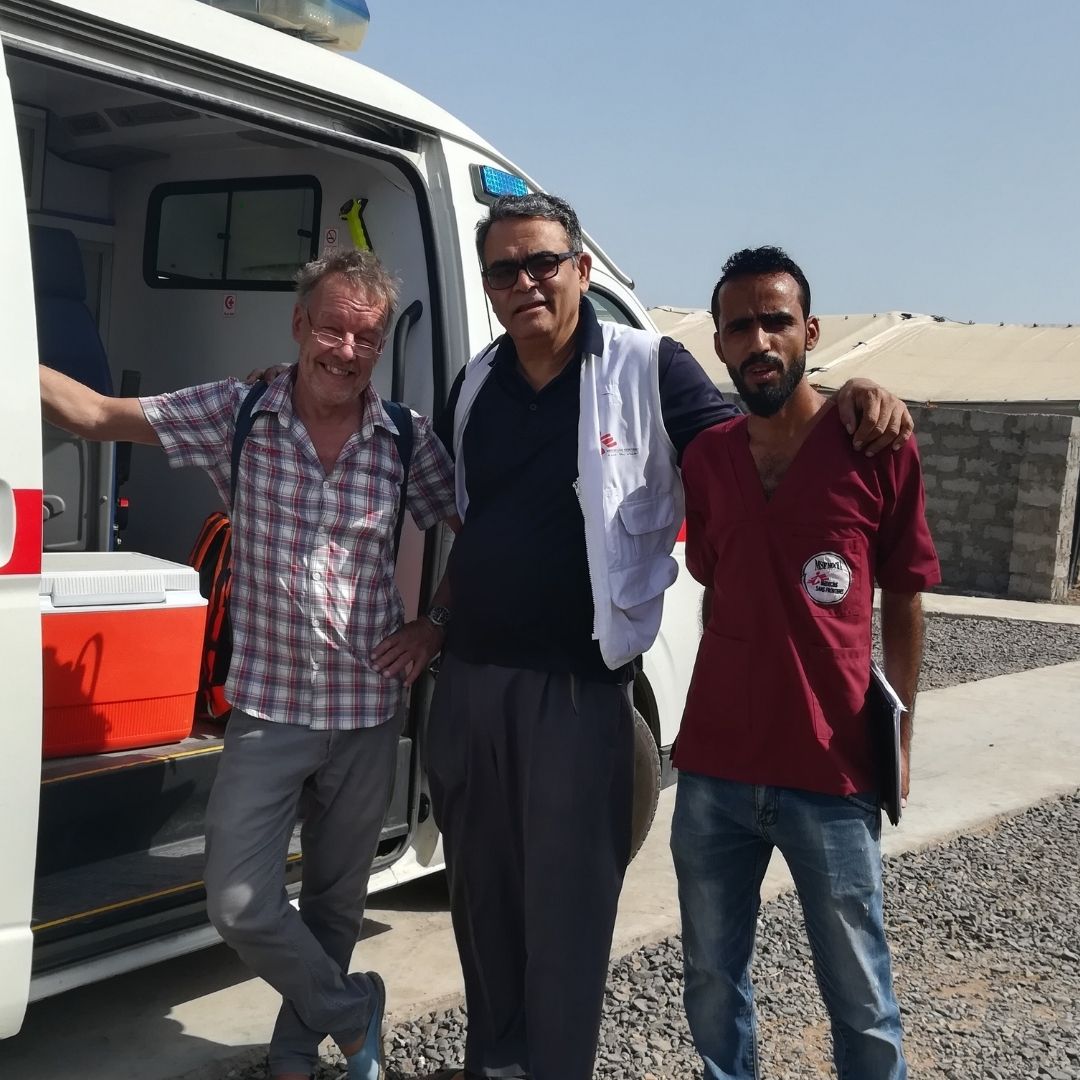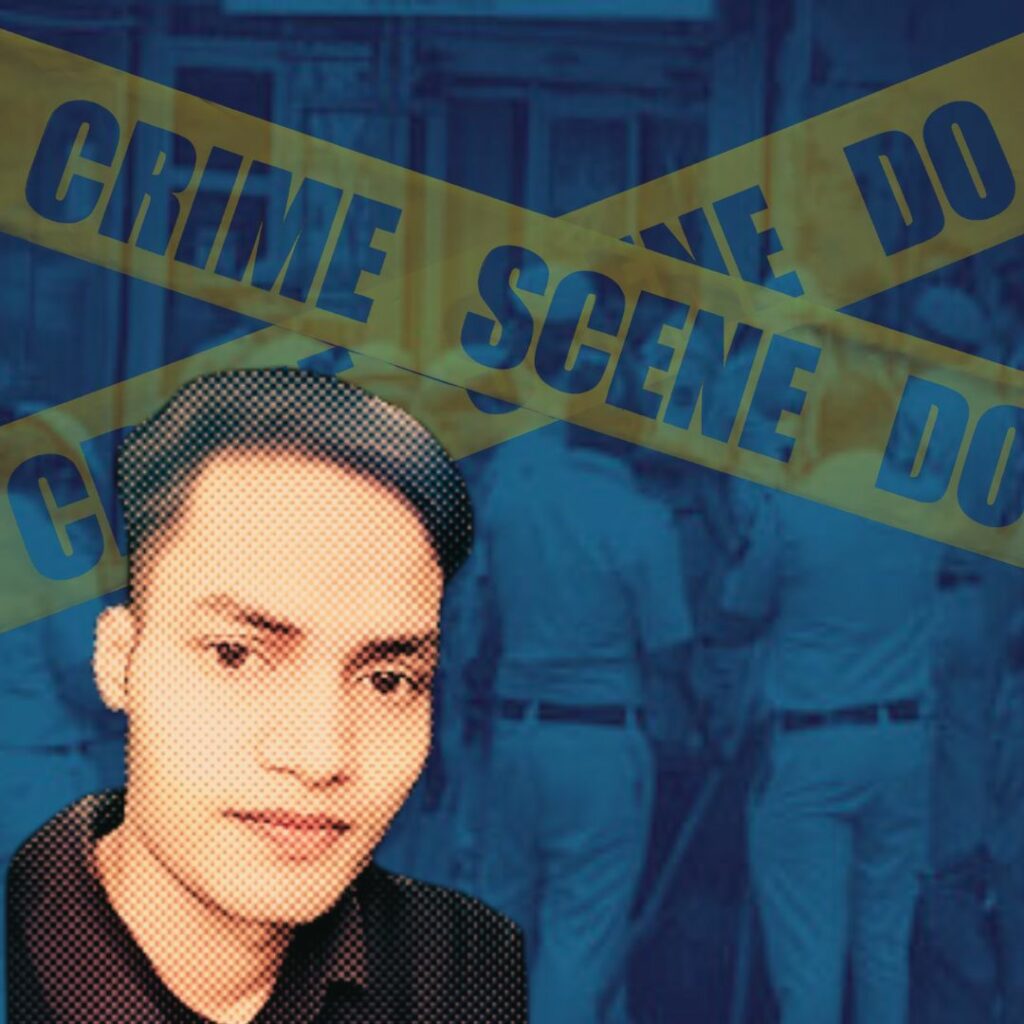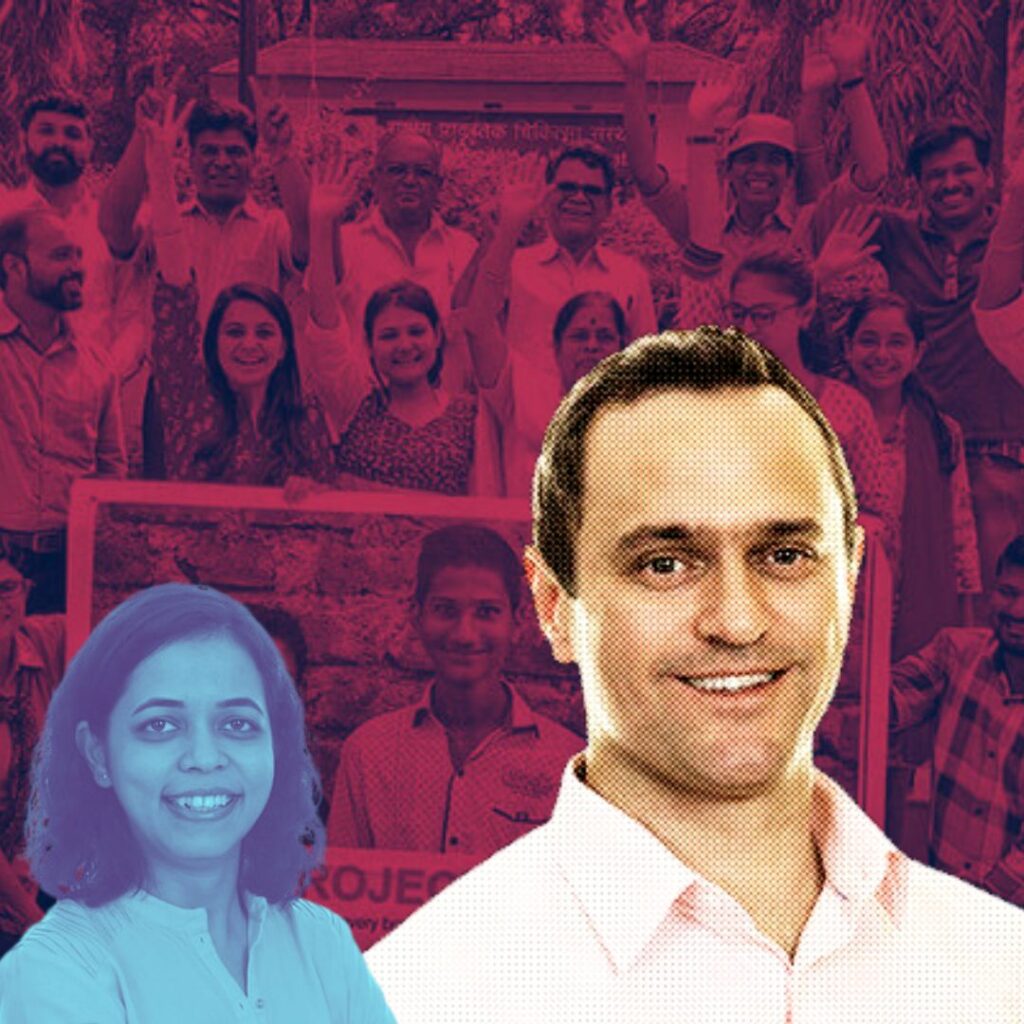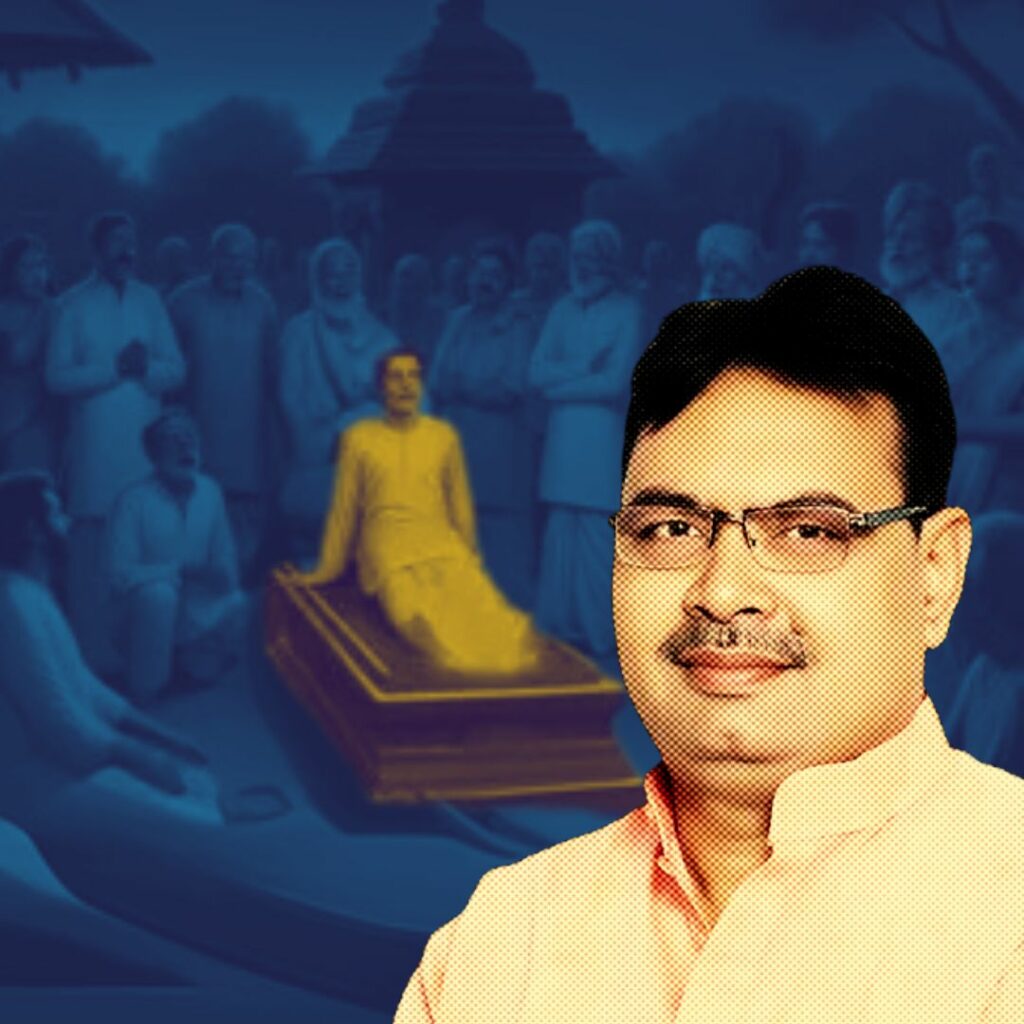My life’s roots are incredibly humble. My grandparents come from a village in the Allahabad district where my grandfather was a police officer and a zamindar. At that time, getting a higher education was not on anybody’s agenda. This was the case until my father was born. He was the first person to go to school in our family. His hard work paid off as he got admission into Allahabad University, where not only did he get his Bachelor’s Degree, but he also topped his batch.
My father’s desire to make a mark in the world inspired all of us in the family. Like him, I was the eldest. As he worked in the Railways, we studied in different schools around the country. My father moved to Tanzania briefly, where I did high school.
I came back to India and got admission in Aligarh Muslim University (AMU). Initially, I did not want to study Medicine, and I did my B.Sc in Chemistry and passed with first division. After that, I decided to go for MBBS, and I was selected for my third attempt.
My time in Aligarh was a wonderful experience, and it paved the way for me to become a surgeon. In the 70s, the level of education at AMU was exemplary, and I got brilliant exposure and training. Apart from medical knowledge, my stint in the University also taught me to interact with people from different communities and backgrounds.
Road To ‘Doctors Without Borders’
After finishing my postgraduate studies, I became a medical registrar. 1992 was a turning point in my life. At its peak, the Babri Masjid-Ram Mandir conflict caused horrific riots between Hindus and Muslims in Aligarh. The tense situation proved to be highly unsafe for my family.
I jumped at the chance when a Saudi Arabian delegation came in for recruitment. I joined the Ministry of Health there as a surgical specialist. My wife and I welcomed two daughters during our fifteen years of stay in the country. In search of better opportunities, we decided to move to Canada in 2007.
I toiled hard to get a license to practice medicine in Canada. I felt I was competent enough to pass the exam, but I could not clear it. For two years, I remained unemployed, and this period hurt me. For any surgeon, not working can lead to dulling of surgical acumen.
Life-Changing Experience
In 2010, I met with ‘Medecins Sans Frontieres’ (Doctors Without Borders). This organization provides medical facilities to countries without primary healthcare infrastructure due to internal strife or conflict. I joined as a surgeon, and that’s where my incredible journey took flight. My initial reason for joining ‘Doctors Without Borders’ was purely mundane to meet ends. However, with each experience, my perspective and purpose transformed into something else.

My first mission was in a remote place called Nasir in South Sudan on the banks of the River Nile. The town had just one medical facility with a single operation theatre, and the local Sudanese formed the hospital support staff. In the six months there, I handled every kind of surgery, even those for which I had no formal training, like orthopaedics and obstetrics. The people’s need was for surgeons with a wide range of skills rather than narrow specializations in that area.
After South Sudan, my next mission was in Sierra Leone. The main hospital in the capital, Freetown, was built to treat scores of civilian victims of war. The influx of patients increased rapidly during the Ebola outbreak. As a part of the medical team, I trained the personnel to run an isolation facility. Ebola is a dreaded viral disease that is highly infectious and virulent. The epidemic ravaged the country.
In most conflict-ridden countries, ‘Doctors Without Boundaries’ is the only health facility available. We treat all the patients without charging any fee. I have worked in countries like Syria, Papua New Guinea, Afghanistan, and the Democratic Republic of Congo. When I was in Kabul, I got the opportunity to enhance my knowledge in war surgery. I learnt to treat patients with severe gunshot wounds, IED and shell injuries. We often encountered such patients in the war-torn capital.
In 2018, I was deployed in Mali, providing surgical cover to the NATO troops who trained the local army to fight the ISIS and Jihadist separatist rebellion. My recent stint in Lebanon was during its acute economic crisis. I was responsible for essential surgical services and helping local doctors in the hospital cater to mostly Syrian and Palestinian refugees.

Apart from professional experience, the mission requires me to acclimate to the local culture. This is necessary to gain the people’s trust before imparting the health services. I usually learn the local language to interact with patients efficiently. I always carry my camera along to capture anything that fascinates me. I love to interact with children as well. The harsh circumstances the hardest hit them. My time in countries with armed conflict made me realize how vulnerable people living there are.
Every moment spent in the initiative has helped me become a better person, and each gruelling experience has given me satisfaction in its execution. If one has the skill, use it for the people’s betterment. Money will come when it has to.
If you too have an inspiring story to tell the world, send us your story at mystory@thelogicalindian.com











